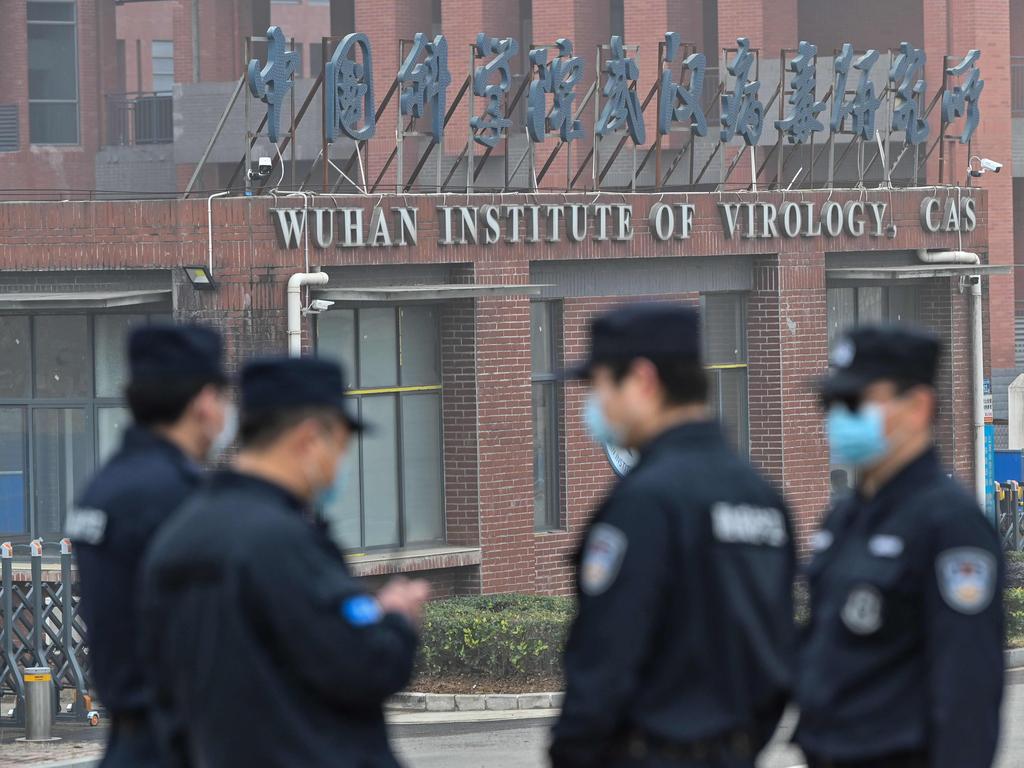Beijing trade war far worse than we think
The impact of Beijing’s trade war has been grossly understated and exporters must work harder to stem a potential $23bn economic hit, a study has found.

The impact of Beijing’s trade war has been grossly understated and exporters must work harder to find new markets and stem a potential $23bn economic hit, a new study authored by three former Department of Foreign Affairs and Trade officials has found.
The report — by the University of Adelaide’s Institute for International Trade — also warns the overall impact of China’s sanctions has been masked by robust iron ore exports, a trade which could also collapse as Beijing seeks alternative sources.
The findings have been described as “a wake-up call for Canberra” and a warning against complacency in the face of continued hostility from Beijing.
Authored by former DFAT officials Ron Wickes, Mike Adams and Nicholas Brown, the report concludes China’s sanctions have wiped $6.6bn in exports between July last year and February this year.
If losses from the eight most targeted commodities — coal, wine, copper, frozen beef, cotton, barley, certain types of wood and lobsters — were extrapolated to a full year and exports ceased, lost revenues would reach $23bn, the study concludes.
Mr Adams, a former DFAT economist who served as Australia’s economic counsellor in Beijing from 2000 to 2004, said iron ore exports had masked the reality of the Chinese trade war.
“The true extent of the losses have been hidden by a boom in iron ore prices,” he said. “If iron ore is excluded, Australia’s trade with China declined markedly in 2020 by more than 23 per cent.”
Mr Adams said there was also evidence that China was looking to find new sources for iron ore to lessen its reliance on Australia, saying it had interests in projects in African countries such as Guinea which could soon be capable of producing the same quality ore as mines in the Pilbara.
“We really have to take this a whole lot more seriously,” he said. “If you take iron out of the equation, the hit already is much bigger. And if, down the track, China can pull back further from using our iron ore, the damage will potentially be immense.”
Mr Adams said he was sceptical about the extent to which other affected industries had been able to find new markets to offset the hit from China.
He said while much had been made of barley exporters finding new markets in Saudi Arabia, the Philippines and Vietnam, many of those exports were only cheaper feed barley as opposed to more valuable malting barley that had previously been sold to China.
Andrew Weidemann, the chairman of industry group Grain Producers Australia, said the sector had “continually asked government to help support the industry (with) a rescue package”.
“We put a $20m plan in front of them earlier this year,” he said, adding that some funding to help the industry diversify its export markets had begun to flow
“But really, it’s a small piece for work that was probably already in train,” Mr Weidemann said.
“Over the next four years, we have still got to try to find homes for all our grains.”
Similarly, the wine industry was struggling to find markets of similar value to China, which had been taking the largest share of medium and high-end wine.
“We are looking for new markets in places like Great Britain but the problem there is they are high-volume markets rather than high value,” Mr Adams said.
“This is the problem across so many sectors where unless we can diversify we will not even go close to matching the shortfall.”
Australian Grape and Wine Growers Association chief executive Tony Battaglene said some additional wine had begun to be exported to South Korea and Britain, but warned it would be difficult to supplant the revenue lost from exports to the Chinese.
“We’re going to go into a really difficult situation for a year or two with growers. And that will impact how many grapes are picked. So we’ll probably see lower vintages (because) we just can’t sell the wine,” Mr Battaglene said.
This could lead to higher wine prices. But it would be contingent on forays into largely untested markets such as Russia, Indonesia and eastern Europe. He said exports to new destinations, including India, were still five years off.
“We’re not really sure how well we can diversify,” he said. “Give us six to eight months, and then I think we’ll get a really clear idea.”
Additional reporting: Max Maddison








To join the conversation, please log in. Don't have an account? Register
Join the conversation, you are commenting as Logout